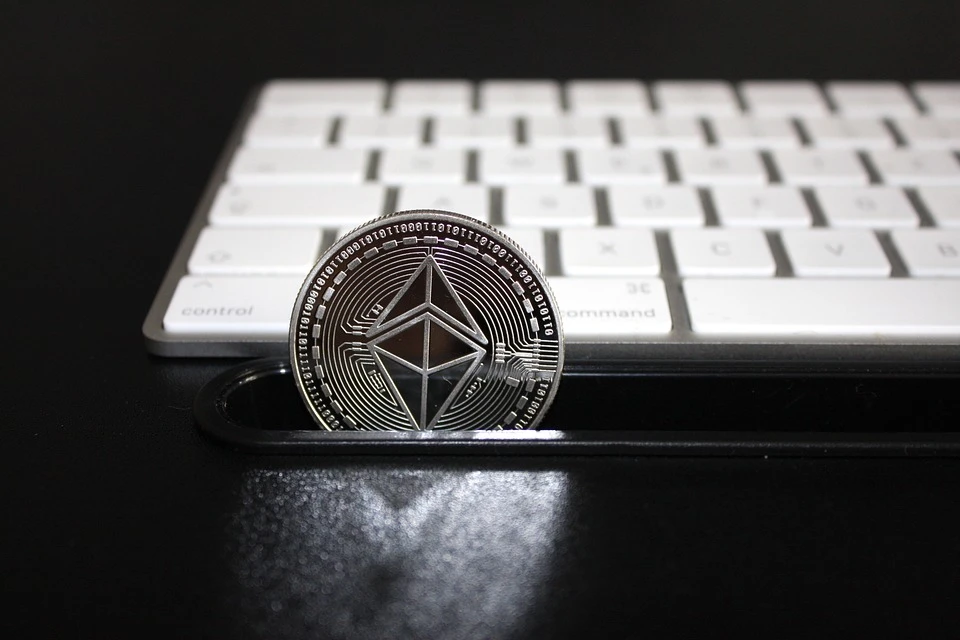An unknown crypto user has made headlines for accidentally spending an astonishing $90,000 in gas fees while attempting to transfer a mere $2,200 worth of Ether (ETH). This incident, which has been widely discussed in the cryptocurrency community, highlights the risks associated with transactions on the Ethereum network, particularly when users fail to double-check their inputs.
The Transaction Breakdown
According to data from Etherscan, the user paid 34.26 ETH in gas fees to transfer just 0.87 ETH, which was valued at approximately $2,262 at the time of the transaction. This translates to an excessive gas fee that far exceeds normal costs, which are currently at yearly lows of between 2 and 4 gwei. Typically, such a transfer should only incur a maximum fee of around $5. The user effectively overpaid by a staggering 1,783,900%, illustrating the potential for error in the crypto space.
Context of "Fat Finger" Errors
"Fat finger" transactions, where users accidentally input incorrect amounts, are not uncommon in the cryptocurrency world. This incident is reminiscent of past occurrences where traders have made significant mistakes. For instance, in October 2023, an NFT trader mistakenly paid 1,055 ETH—valued at $1.6 million at the time—for an NFT that was only priced at $1,000. Similarly, in April of the same year, a collector on OpenSea spent 100 ETH, worth $191,000, on a free NFT mint, leading to suspicions of wash trading.
Mistakes in the crypto space are not limited to retail investors. In May 2021, Crypto.com, a major cryptocurrency exchange, accidentally sent $7 million to an Australian user, Thevamanogari Manivel. She used the funds to purchase a luxury mansion in Melbourne and transferred around $4 million abroad before being sentenced to 209 days in jail for her actions, which were deemed as dealing in the proceeds of crime.
The Possibility of Malicious Intent
While it may seem that the recent overpayment was purely accidental, some experts suggest that it could also be indicative of more sophisticated schemes, such as money laundering. In such a scenario, the user would need to have a deep understanding of the Ethereum network and the specific validator processing their transaction. They would also need to ensure that the transaction was submitted in a way that the funds would not be misdirected.
A report from Crypto staking firm Northstake in October 2023 highlighted that illicit and high-risk activities on Ethereum staking protocols remain relatively low, ranging from 0.46% to 1.56%. However, the existence of such activities raises concerns among regulated entities that are considering entering the Ethereum-based decentralized finance (DeFi) space.
This incident serves as a stark reminder of the complexities and potential pitfalls of conducting transactions on the Ethereum network. While the vast majority of users are likely to encounter only minor issues, the possibility of significant financial loss due to simple mistakes or more nefarious activities remains a pressing concern. As the cryptocurrency ecosystem continues to evolve, it is crucial for users to exercise caution and verify transaction details to avoid costly errors.








